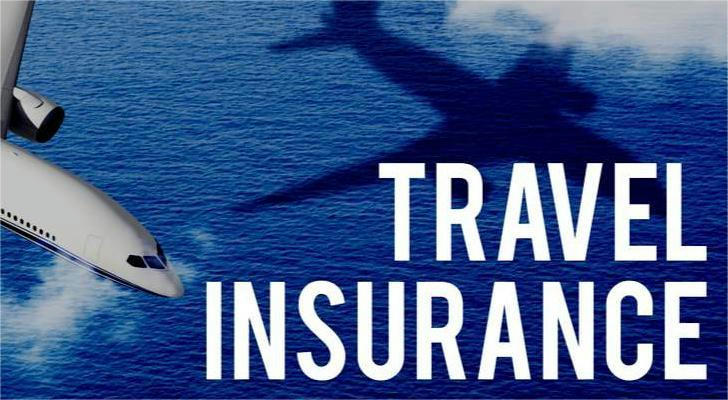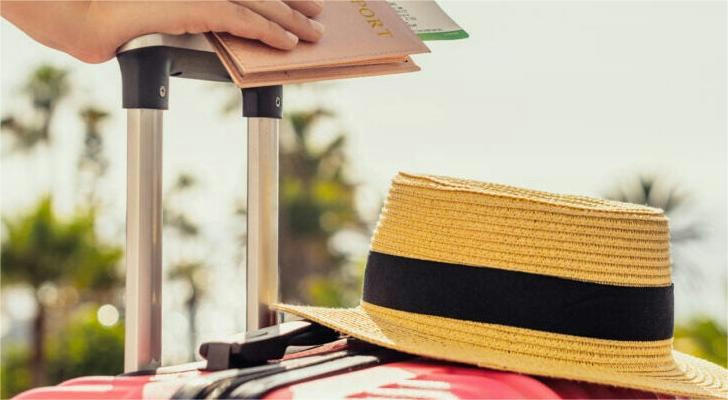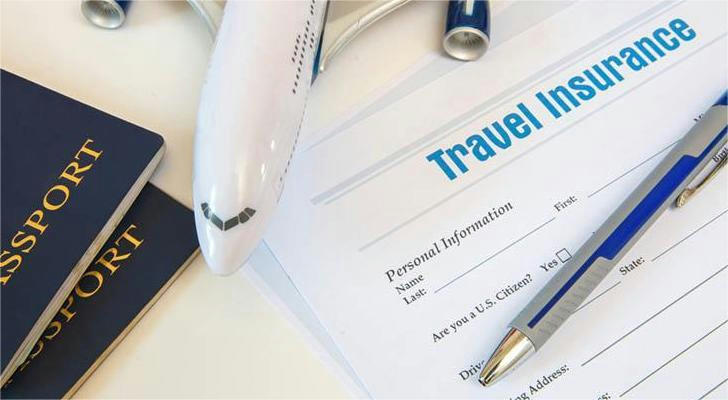Add protection for your trip
Traveling is exciting, but it can come with risks like medical emergencies, canceled trips, lost luggage, and unexpected events. To make sure your trip goes smoothly, it's important to have the right protection. This article will help you understand your travel insurance options, figure out what coverage you need, and use smart tips to get the best value from your insurance.

Understanding Travel Insurance.
Travel insurance helps protect you from various risks during your trip. Here are the main types:
1. Medical Insurance: Pays for medical costs if you get sick or hurt while traveling, especially important abroad where healthcare can be expensive.
2. Trip Cancellation/Interruption Insurance: Refunds non-refundable costs like flight tickets and hotel stays if you need to cancel or cut short your trip due to illness, emergencies, or unexpected events.
3. Baggage Insurance: Covers the loss,theft,or damage of your luggage and belongings, and can also help if your baggage is delayed.
4. Emergency Evacuation Insurance: Pays for emergency transportation to a medical facility or back home, which is important if you're in a remote or risky area.
5. Travel Delay Insurance: Reimburses extra costs from travel delays, such as additional accommodation or meals.
Assessing Your Insurance Needs.
Before buying travel insurance, think about these factors to choose the right coverage:
• Destination: Some places are riskier than others. For example, if you're going to a remote area with few medical facilities, you'll need more medical coverage than if you're traveling to a well-developed city.
• Activities: If you plan to do risky activities like skiing, scuba diving,or hiking,make sure your insurance covers them. Regular policies might not include these types of risks.
• Health Status: Take your health into account. If you have existing health issues, find a policy that covers them or offers extra protection.

Choosing the Right Insurance Plan.
Here are some easy tips for getting the best travel insurance:
1. Compare Plans: Not all insurance plans are the same. Check different options to find one that gives you the coverage you need at a price you can afford. Look for plans with good protection but without unnecessary extras.
2. Read the Fine Print: Make sure you understand what each policy covers and what it doesn't. Pay attention to things like exclusions, coverage limits, and how to file a claim to avoid any surprises.
3. Look for Discounts: Many insurance companies offer discounts and special deals. Keep an eye out for seasonal sales, promo codes,or special offers that can help reduce your insurance costs.
4. Buy Early: You might get a discount if you buy your insurance well before your trip. Planning ahead can save you money and ensure you're covered from the moment you book.
5. Check Group Options: If you're traveling with a group, family,or friends, look into group insurance plans. These often cost less per person and can be a cheaper way to get coverage for everyone.
6. Bundle Policies: If you already have other insurance (like car or home insurance), consider buying travel insurance from the same company. Bundling policies can lead to discounts and make managing your insurance easier.
7. Choose Higher Deductibles: Opting for a higher deductible can lower your insurance premium. This means you'll pay more out of pocket if you need to make a claim, but it can reduce your overall insurance costs.
Background: John and his family planned a vacation to the Caribbean that would focus on beach activities and family fun.
Actions Taken:
Needs Assessment: John assessed the insurance needs of his family members, focusing on baggage and medical insurance.
Plan Comparison: He compared several insurance companies and chose a plan that would cover his family's baggage and medical needs.
Multiple Insurance Discounts: John purchased travel insurance and home contents insurance from the same insurance company, taking advantage of multiple insurance discounts.
Buy in Advance: John purchased insurance several months in advance, taking advantage of the benefits of buying in advance.
Results: By choosing the right insurance plan and taking advantage of multiple discounts, John and his family received comprehensive coverage and saved money,ensuring a safe and secure vacation.

Tips for Effective Travel Insurance.

Here are some simple tips to manage your travel insurance:
1. Keep a Good Credit Score: In some places, your credit history can affect your insurance rates. A good credit score might help you get lower rates.
2. Review Coverage Often: Your insurance needs can change. Regularly check and adjust your coverage to make sure it fits your current plans and avoid paying for things you don't need.
3. Know How to File Claims: Learn the claims process for your insurance. Knowing how to file a claim and what documents you need can make it easier if something goes wrong.
4. Have Insurance Info Handy: Keep your policy details and emergency contact information with you while traveling. This way,you can quickly get help if needed.
Adding protection for your trip through comprehensive travel insurance is essential to ensure a smooth and worry-free journey. Getting the right travel insurance is key to a smooth and stress-free trip. By knowing what types of coverage you need, checking different plans, and using smart strategies, you can find a plan that's both affordable and offers strong protection. Compare options,look for discounts, consider buying early or in a group, and keep a good credit score to manage costs. Understanding your policy and how to file claims will help you handle any surprises confidently. With the right insurance, you can enjoy your trip and make great memories without worrying about unexpected problems.
